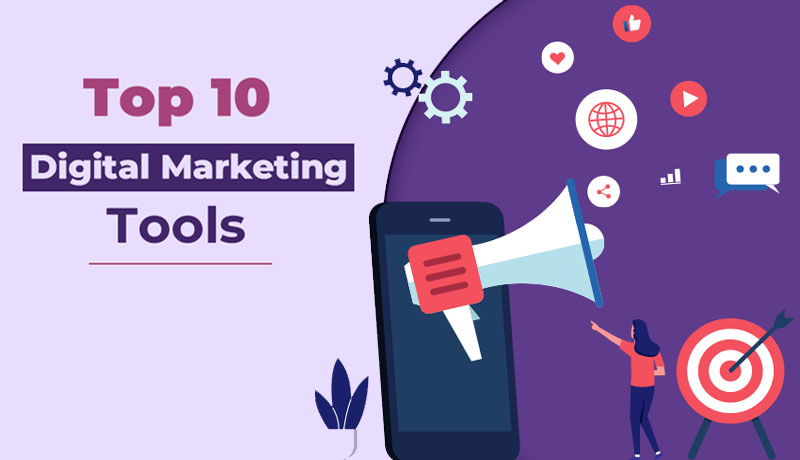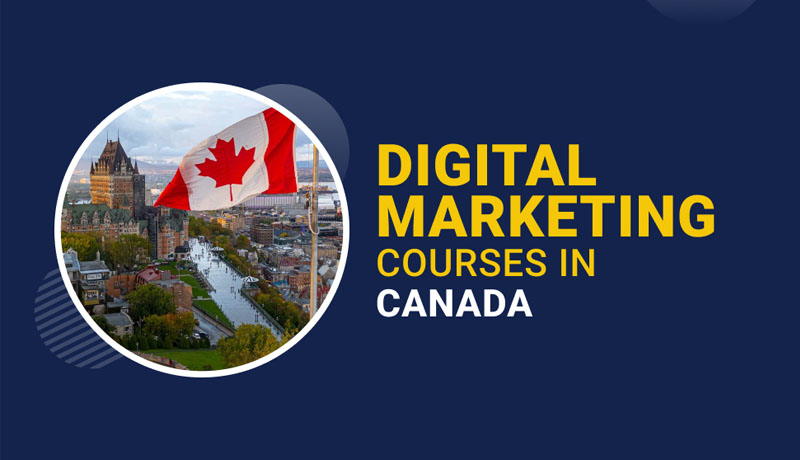
In the rapidly evolving realm of digital marketing, small businesses face both challenges and opportunities. With the right strategies and tactics, even modest budgets can yield significant returns on investment in terms of brand visibility, customer engagement, and revenue growth. In this article, we explore some of the best digital marketing tips tailored specifically for small businesses, empowering them to thrive in the digital age.
1. Define Your Audience:
Understanding your target audience is paramount in digital marketing success. Small businesses should invest time in researching and defining their audience demographics, preferences, and pain points. This insight enables more targeted and effective marketing campaigns, maximizing engagement and conversion rates.
2. Establish a Strong Online Presence:
A professional and user-friendly website serves as the cornerstone of your online presence. Ensure that your website is mobile-responsive, optimized for search engines (SEO), and showcases your products or services effectively. Additionally, leverage social media platforms and business directories to expand your reach and enhance brand visibility.
3. Content is King:
Create high-quality, relevant content that resonates with your target audience. Whether it’s blog posts, videos, infographics, or social media posts, compelling content not only attracts and engages users but also establishes your brand as an authority in your industry. Consistency in delivering valuable content fosters trust and loyalty among customers.
4. Leverage Social Media:
Social media platforms offer unparalleled opportunities for small businesses to connect with their audience on a personal level. Identify the platforms where your target audience is most active and tailor your content accordingly. Engage with your followers, respond to comments and messages promptly, and leverage paid advertising options to amplify your reach.
5. Embrace Email Marketing:
Despite the rise of various digital marketing channels, email marketing remains a highly effective tool for small businesses. Build and nurture your email list by offering valuable incentives such as discounts, exclusive content, or free resources. Personalize your email campaigns based on user preferences and behaviors to maximize engagement and conversion rates.
6. Harness the Power of SEO:
Optimize your website and content for search engines to improve your visibility in organic search results. Conduct keyword research to identify relevant terms and phrases your audience is searching for, and integrate them strategically into your website content. Regularly monitor and analyze your website’s performance using tools like Google Analytics and make necessary adjustments to improve your SEO efforts.
7. Monitor and Adapt:
Digital marketing is dynamic, and what works today may not work tomorrow. Regularly monitor the performance of your marketing campaigns, track key metrics such as website traffic, conversion rates, and social media engagement, and be willing to adapt and iterate based on the data. Experiment with different strategies and tactics to find what resonates best with your audience.
Conclusion:
In today’s digital landscape, small businesses have unprecedented opportunities to reach and engage their target audience on a global scale. By implementing these digital marketing tips and staying agile in their approach, small businesses can level the playing field and compete effectively with larger competitors. Remember, success in digital marketing is not about the size of your budget but rather the creativity, consistency, and relevance of your strategies.





